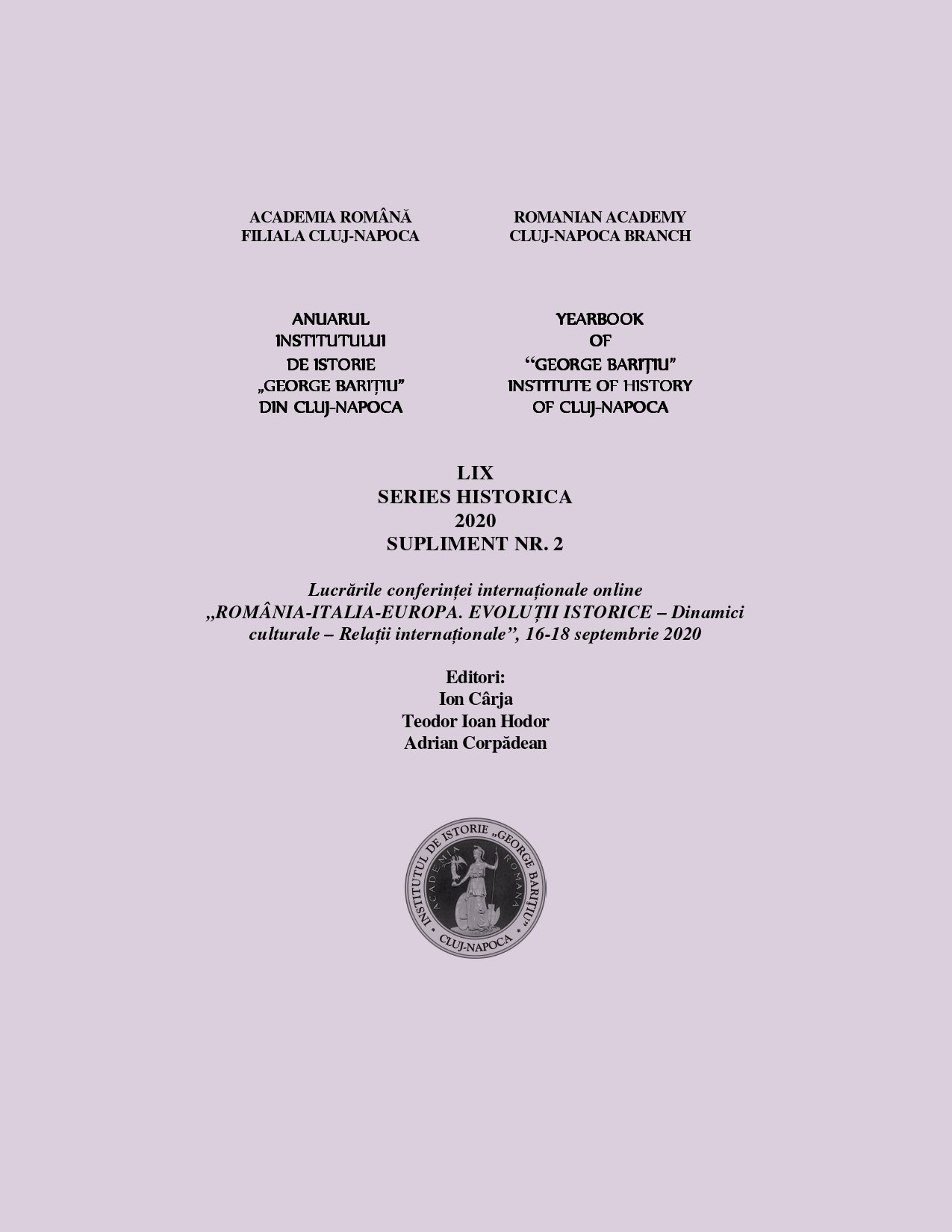Secularism în Turcia modernă
Secularism in modern Turkey
Author(s): Ancuța Dumitrița DoceSubject(s): Local History / Microhistory, Islam studies
Published by: Editura Academiei Române
Keywords: islam; religion; republic; secularism; state;
Summary/Abstract: Secularism is the result and cause of Atatürk's reforms carried out mainly in the years 1922 - 1935. This principle, unlike Western countries, had not been realized by the currents and evolutionary ideas of philosophers, spread over the centuries in a certain historical and geographical space, but rather by direct, determined and enthusiastic action of an elite, composed of bureaucrats and young army officers. These two important components of the state apparatus, led by Mustafa Kemal, presented secularism as a modernizing principle, as well as a progressive idea that covered not only political and governmental life, but also an entire social and European environment that was, in its nature, dominated by superstitions, dogmas and religiosity. The Islamic character, the lack of educationin rural areas prevented the Turkish people from becoming a modern and prosperous nation for a long time at the beginning of the 20th century. However, applied very brilliantly during the years of Mustafa Kemal's rule, the principle of secularism was never meant, in the eyes of its supporters, to be a new dogma or a new religion to replace old Islam. Instead, the leaders of the republic were very careful not to attack Islam as a faith. Their purpose was rather to "purify" Islam and open the door to a form of Islamic reform and a modern state.
Journal: Anuarul Institutului de Istorie »George Bariţiu« - Series HISTORICA - Supliment
- Issue Year: LIX/2020
- Issue No: LIX, 2
- Page Range: 359-366
- Page Count: 8
- Language: Romanian

